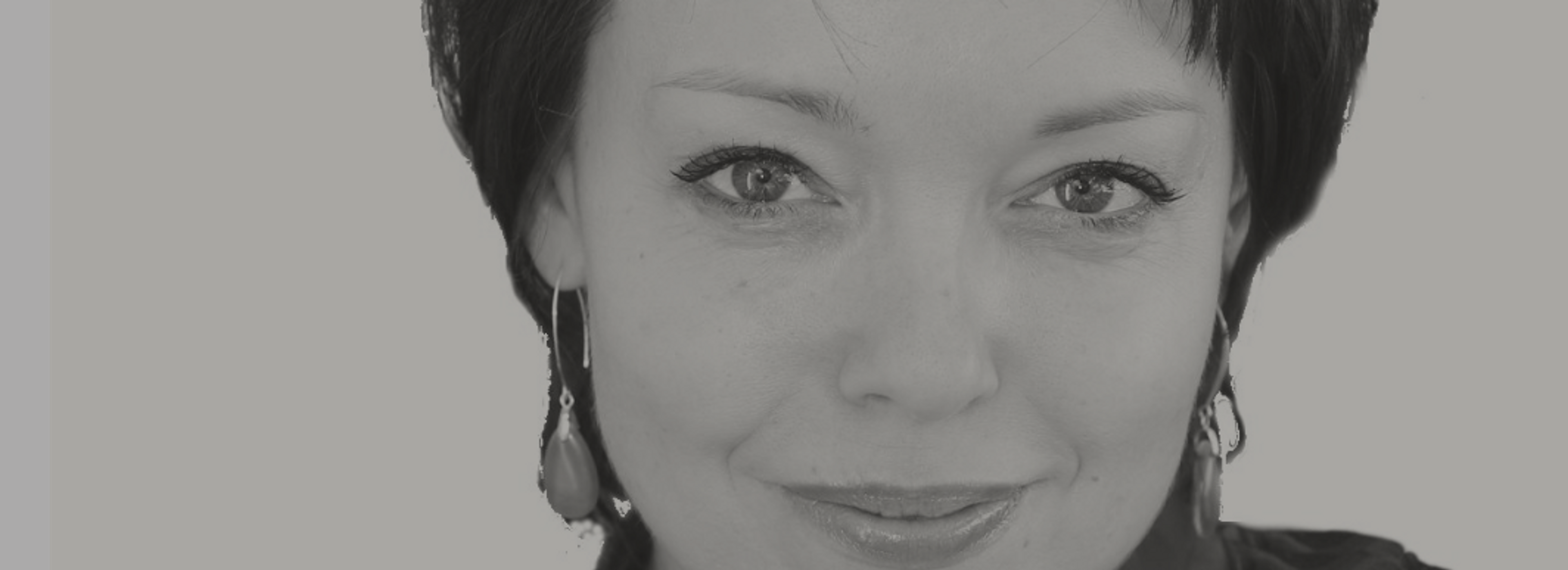I recently spoke with Anna Kremerov, independent nurse prescriber and owner of Anna Medical Aesthetics in Swindon. She revealed the most difficult part of working in aesthetics, as well as advice for those thinking of starting out in the industry.
Hi Anna! What took you into the aesthetics industry?
I'd always been interested in aesthetics. In my many years working as a nurse, I saw a lot of beautiful people all ages who feel unhappy about their appearance. Having specialised in women’s health, I also came across a lot of perimenopausal and menopausal women with the various emotional and physical symptoms associated with the menopause. Many were so unhappy in their skin. This period of hormonal changes can be a life-changing period for women and requires special care and in-depth knowledge from aesthetic medical professionals. I knew I could help them feel much better about themselves.
I have a real passion for aesthetics; I really want to help people. Some people have the knowledge it takes to do this job, but you also need the passion that goes with it.
What part of your job do you enjoy the most?
It's the changes that I can see after a treatment; watching self-confidence grow. I've even had a few cases where patients have had life-changing experiences after their treatments. One patient found the love of her life at 72 years old, and she told me that this had never happened to her before. She said that the reason it happened was that she felt so much more self-confident - so she had the courage to speak to this man in a restaurant and they fell in love.
When clients smile or cry with happiness, I just feel so good. I love the idea of helping someone feel so much better about themself. There's so much on social media about what is beautiful - but so much of this isn't real. There's so many overfilled cheeks and lips out there, but for me it's about subtly enhancing what someone already has. I think we need to make people understand that it's natural beauty that's important, and that's what we should be promoting.
What is the most difficult thing about working in aesthetics?
The most difficult part is saying “no” to people when I don’t feel a treatment is right for them and knowing that they will go to someone else and still do it - even though I've advised them not to. If a particular treatment isn’t right for a client, or they need to wait a while for their next treatment, I always tell them and explain why. But I sometimes see they are unhappy about my advice or explanation. This is often down to body dysmorphia and it makes me unhappy to see other practitioners going ahead with a treatment when it’s clear a client doesn’t need it. If I say “no”, it’s always for a good reason.
For me, natural is good and overdone is not, which is what I always try to explain. This industry can perform magic on one hand and ruin someone's beauty on the other. It's all about education and making sure you see someone you trust.
It makes me feel so sad when you have to fix someone else's job - when they no longer look like themselves. You need to have an aesthetic eye, but not everyone does. Some people are just in it for the money.
What is your favourite aesthetic treatment to perform, and why?
For me, it’s a combination of anti-wrinkle injections and dermal fillers. It’s about balancing the whole face. You can’t just focus on one area to restore and rejuvenate, and you can’t, for example, rejuvenate a 50-year-old woman’s face with just one syringe. It’s important to always fully explain a treatment in a consultation, and always give clients time to think it over before they make their decision.
What's the one cosmetic treatment you couldn't live without?
The one treatment I couldn’t live without is Botox. I smile and laugh a lot, so I have a lot of lines. My face tells a lot of stories! I feel that anti-wrinkle injections freshen skin, open up our eyes and brighten the whole face. I like to keep a degree of movement; I don’t like to be frozen, but I do like to reduce deeper lines.
What advice would you give to anyone who's starting out in aesthetics?
My advice would be to keep on studying, non-stop. Never start with only one basic type of training - it doesn't give you an insight into the complexity of the overall anatomy, and isn't enough. Keep developing your skills and your knowledge as a practitioner, about treatments, possible complications, anatomy - everything. I keep on studying all the time; I don't think I have a single month where I'm not learning something new. And I look at my senior colleagues who have been in the industry for 30-40 years and they're still studying. You can never know everything there is to know. You need to be on top of your game as a medic.

